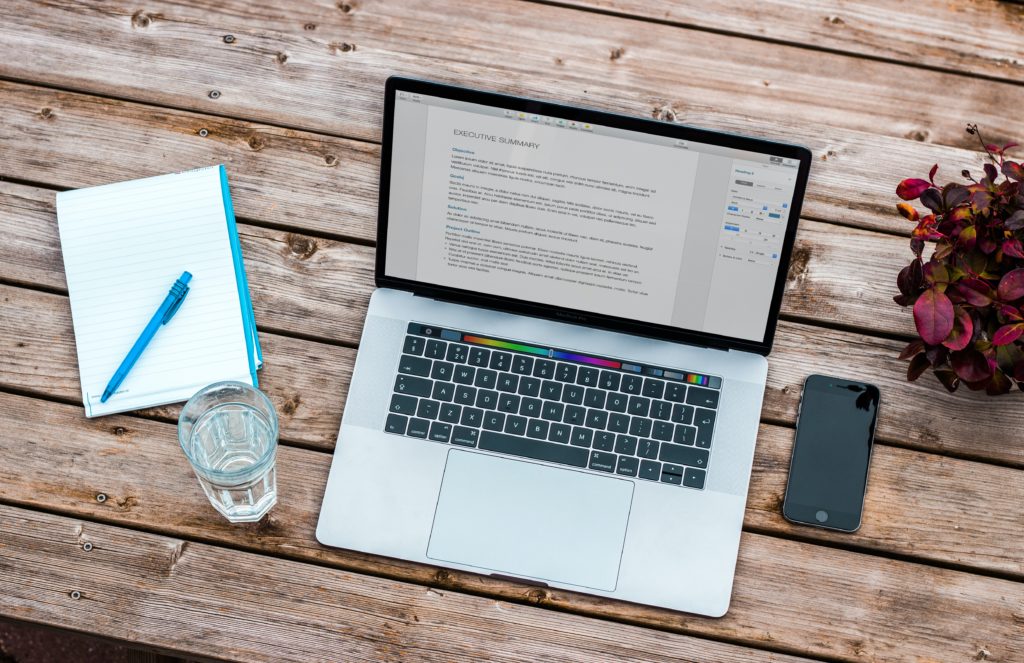At The Preston Group, we offer you a world of resources to prepare you for that next career move. We know it’s important that you have all the resources available at your fingertips — along with the Job Listings that meet your criteria.
Here you will find helpful advice on writing your resume and preparing for an interview.
Writing a Resume
The purpose of a resume is to generate interest, not to tell your life story. Be concise and present your resume in a format that is easy to read. Aim to stay within two pages.
It is never appropriate to give inaccurate information, i.e., degrees, time frames, salary history. Almost all information can be verified. For most employers, incorrect information will disqualify you for a position and when discovered after hire, can be cause for termination. What is the proper format? There are many formats, however all resumes should include certain key information. Including:
- Describe duties and accomplishments so they are easily understood.
- For each position, list the beginning and end dates, title and duties.
- When promoted, list the duration and description of each position.
- Place the most recent position first.
- Account for all time since the beginning of your work career or completion of education. Some positions and time frames may require only brief descriptions.
- Describe how your accomplishments saved the company time and/or money. List significant accomplishments at the top of your resume.
- Education, certificates, affiliations and computer skills should all be under separate headings and be placed before or after employment history. Unless you have just completed your education, or if technical knowledge is a major part of your skills, the preferable position is following employment history.
- Whether the resume is chronological or functional, clarity and accuracy are essential.
- Grammar and spelling must be correct.
- Proof, proof, and proof again!

Some information should not be on a resume. Never disclose a picture or give information that may be used in a discriminatory manner. Enclose a salary history only when specifically requested. Objectives take up space and are usually meaningless unless you truly have a very narrow one. As recruiters, we have seen cases where objectives have disqualified candidates.
You may choose to create multiple resumes with an emphasis of different skills or background on each. Gear your cover letter to the company, industry and position you are seeking. Research companies as much as possible before submitting your resume.
Update your resume at least once a year so when that “once in a lifetime opportunity” comes along, you will be prepared.
Now that your resume has helped you land an interview, read our helpful hints on preparing for that first meeting.
Preparing for an Interview
As we all know, first impressions are very important, especially on a job interview. If your first impression isn’t positive, it is unlikely you will have a second chance. Naturally, the first thing someone sees is the “packaging.” Unless told otherwise, a business suit is always appropriate. Be sure no one article is overpowering — fragrance, jewelry or makeup — this applies to both men and women alike. Display confidence by presenting solid eye contact and a firm handshake.
Always be prepared! Learn as much as you can about the company and the people you will be speaking with. Company information is readily available on the Internet and can prove a great reference tool. If working with a recruiter, they can offer insight into “what to expect” from each person you will see.
Allow plenty of time for appointments and call ahead to confirm.

Bring at least one copy of your resume for each person you’ll be meeting and any additional information you may need to complete a formal job application. Have available the names and telephone numbers of prior supervisors, peers and/or subordinates for references.
Prepare a list of questions about the company and be sure to inquire about the company goals and what they expect the applicant to accomplish. Take notes!
Be prepared to discuss strengths, weaknesses, major accomplishments and how you handle difficult situations. If your skills and industry background are not a match to the position, explain how your qualifications are appropriate. Refrain from “story telling” and answer questions concisely and honestly. Do not be evasive or interrupt the interviewer. Be pleasant and smile even if the interviewer tries to put you on the defensive. Maintain eye contact throughout the interview. Show an interest in the interviewer by asking about their background and reasons for coming to the company.
Close the interview by asking what the next step is, when you can expect a response, and thanking them for their time. Follow up soon after by sending a handwritten thank you note to each person who interviewed you. Always ask for a business card for proper spelling and title.
Ten Commonly Asked Interview Questions
You should practice answers to these commonly asked questions. This will help you to answer questions without stumbling over your words.
- Why did you leave your last job?
- What were your top accomplishments?
- What areas do you need to develop?
- Describe your ideal position.
- Describe your ideal supervisor.
- Be able to relate some examples of your ability to be a team player.
- What did you like best/least about your last position?
- Describe how you work under stress/pressure.
- What motivates you?
- Why should I hire you?
Five Questions You Should Ask
Write out a list of at least five questions to ask at the end of the interview. It is much harder to think of a well-worded question when you are under pressure. Below are some examples:
- Please explain what my day-to-day responsibilities would be.
- Can you please describe the organization of the company?
- What are the short term/long term goals for this department and how does that relate to the company as a whole?
- What are some of the abilities and skills needed to be successful in this position?
- Tell me about the company’s management style.

